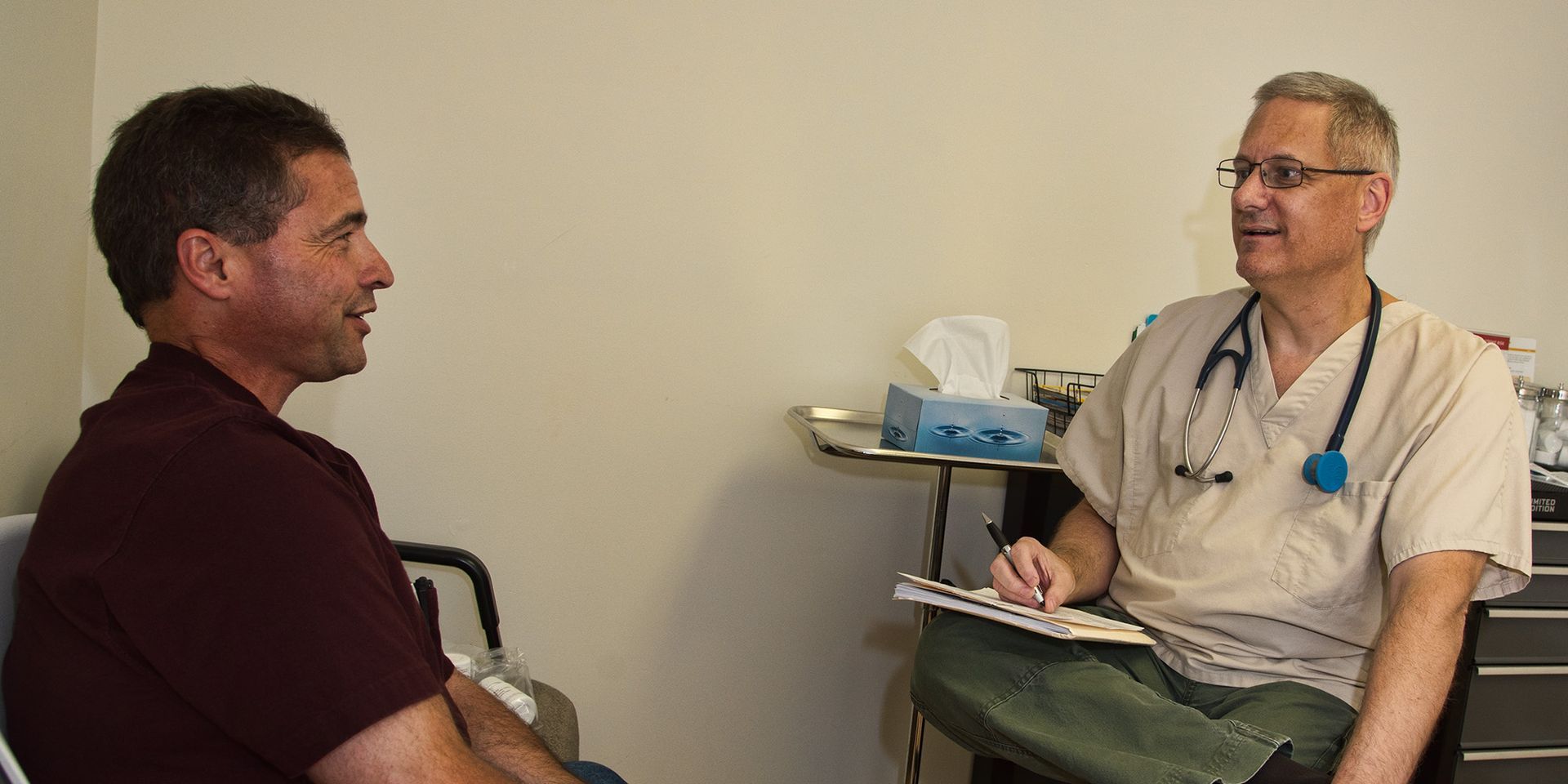A Complete Guide for Medical Practice Start-Ups (Part 3)

Feasibility Report and Budgeting
To make sure that your new healthcare venture does not get hindered by unpleasant surprises along the way, it is essential to carry out a financial feasibility analysis and conduct detailed budgeting, so that you know exactly how much capital you need and figure out how to acquire it. A financial feasibility study should be the direct follow up of your market study, and should include assumptions, potential income, expenses, cash flow, and balance sheet.
Elements of Financial Forecasting
To create a detailed and truly effective profit and loss statement, your financial projections must take into account several elements. Some of these are:
- Capital investment
- Direct costs
- Overhead costs
- Units of service
- Breakeven point
- Inflation trends
- Potential bad debts
- Expected collections
- Labor rates
- Benefit costs
- Creating an Effective Budget
As surprising as it is, many independent practices never come around to creating a set budget. Others establish a budget at some point but never follow it. Is it careless practices like these that cause finances to go awry, which is when these practices end up looking for financial consultants. To avoid trouble, it is essential that you establish a budget right in the beginning, and then make sure you create a workplace ethic for yourself and your team that makes sure the budget is strictly considered at all stages.
Since budgeting for a healthcare facility is not taught in medical schools, it is somewhat understandable why even the most skilled medical practitioners have trouble when they have to take care of the finances of an entire business – and one that lives depend on. Nevertheless, budgeting is a valuable skill to develop and can become the single factor that can make or break a medical practice.
Here are a few tips to ensure that your practice budget is effective.
Track your expenses
Physicians often don’t know the exact costs of running their business. Make a detailed plan of your expenses, ideally with a practice-specific list of cost categories. A common mistake is mixing clinical and administrative expenses, which is why practices often fail to keep a track of specific expenses and run into trouble.
Do your research
If you have never run a business before, don’t worry. There are benchmark practice costs that you can use to create your own budget. For this, you can use of:
- Group Management Association’s (MGMA) Cost Survey
- National Association of Healthcare Consultants (NAHC) and Academy of Dental CPAs’ Statistics Report on Medical and Dental Income and Expense Averages.
Both provide information on different categories of medical budgeting, with average numbers you can use to create your own financial forecasts.
Important Things to Keep in Mind
While equipment, staff salaries, and procedure costs are naturally included in budgeting, there are some important things that are often forgotten:
- Number of visits or procedures required to make a profit
- Add-on services
- Marketing efforts
- Software expenses
- Potential collection gaps
Once you know what your budget is, it is then time to dive into funding options, ranging from personal capital to bank loans to private investments. Remember that your funding process will only be successful, no matter how impressive the funding may seem, if you are certain about your expenses and projected revenue, and are ready for what may come.
About Author:
Alex Tate is a Health IT writer for various platforms. He provides perceptive, engaging and informative consultancy on industry wide topics. He knows that no single approach is the right one for every practice, and so shall advice according to the requirements. The consultancy is based around EMR Systems, Practice Management and Billing Solutions. MACRA/MIPS consultancy is also available to achieve the highest returns and revenue for your practice.
Recent Posts












